(Page créée avec « Attach the blade to the bamboo handle ») |
(Page créée avec « Drill a hole across and perpendicular to the end of the bamboo handle. Then drill a second hole across and perpendicular to the daba blade. ») |
||
| Ligne 48 : | Ligne 48 : | ||
{{Tuto Step | {{Tuto Step | ||
|Step_Title=Attach the blade to the bamboo handle | |Step_Title=Attach the blade to the bamboo handle | ||
| − | |Step_Content= | + | |Step_Content=Drill a hole across and perpendicular to the end of the bamboo handle. Then drill a second hole across and perpendicular to the daba blade. |
Version du 7 août 2024 à 12:49
Description
A tool of African origin used by farmers, which can be used in Europe for gardening (weeding, ploughing, etc.).
Introduction
The Daba offers a solution to help gardeners. Depending on its intended use, the handle can be long and straight, for high crops, or short with a bent end, for crouching work. The blade is flat and perpendicular to the handle. The daba is used indiscriminately for ploughing, aerating the soil or harvesting, or for making various cuts.
Easy to handle, the handle is adjustable to fit all sizes of user, to avoid health problems (back pain, bad posture, etc...).
Étape 2 - Attach the blade to the bamboo handle
Drill a hole across and perpendicular to the end of the bamboo handle. Then drill a second hole across and perpendicular to the daba blade.
Ensuite, introduire dans le trou un tourillon en bois pour fixer la lame au manche.
Étape 3 - Fabriquer le manche "grande taille"
Le manche "grande taille" est un manche supplémentaire qui sera ajouté au manche de la daba. Cela permettra de régler la taille du manche de l'outil et adapter le manche en fonction du besoin de l'utilisateur.trice.
- Prendre un morceau de bambou avec un diamètre plus petit et insérer le bout du manche à l'intérieur du manche fixé à la daba.
- Ensuite, former un trou transversal dans les deux manche et y insérer un tourillon.
Le tourillon pour être enlevé ou remis si on veut décrocher le manche "grande taille" de l'autre.
Étape 4 - Finitions
Poncer les manche avec du papier abrasif
A l'aide d'un morceau de tissu imbibé d'huile de lin, passer le tissu sur les morceaux de bambou déjà poncés. Cela protègera le bambou de l'humidité et des moisissures.
Draft
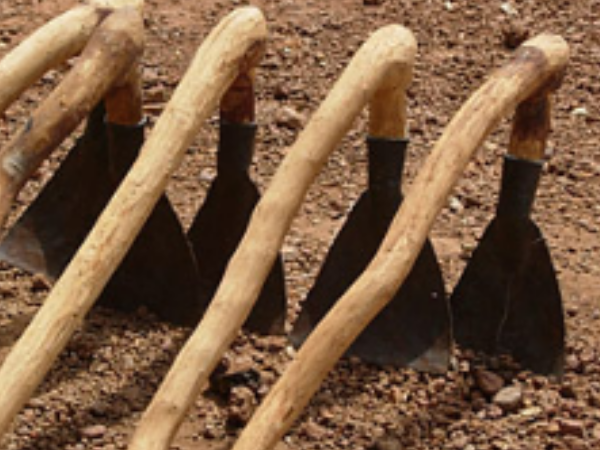
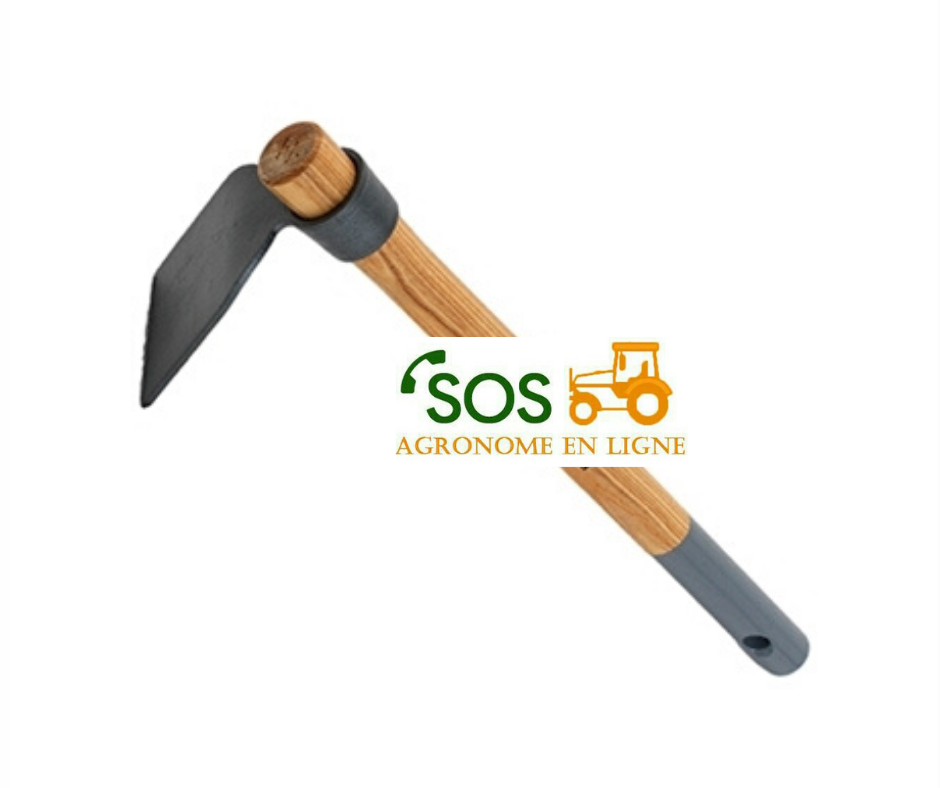
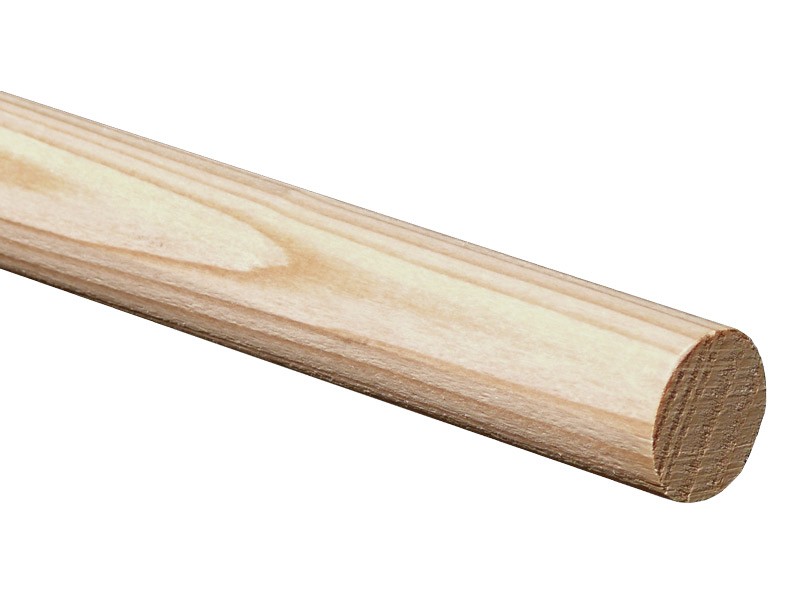
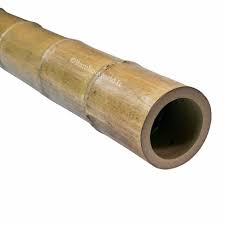
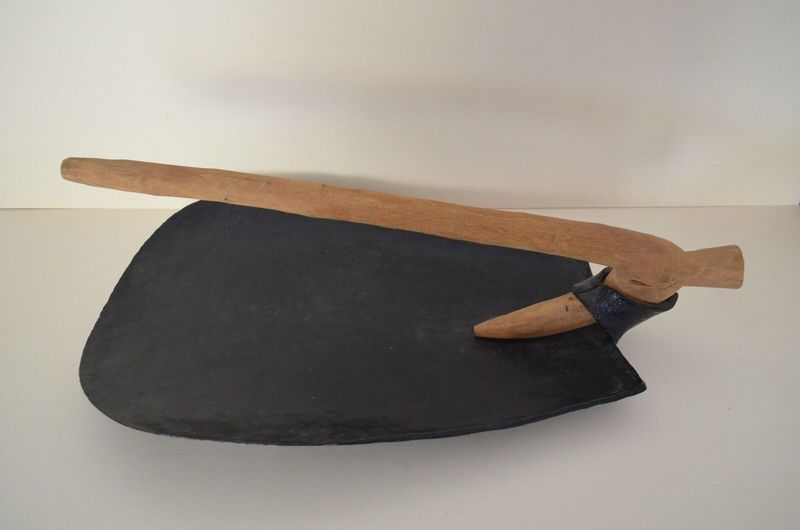
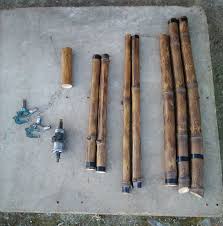
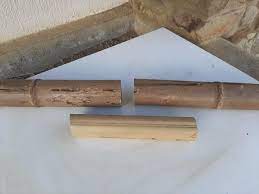

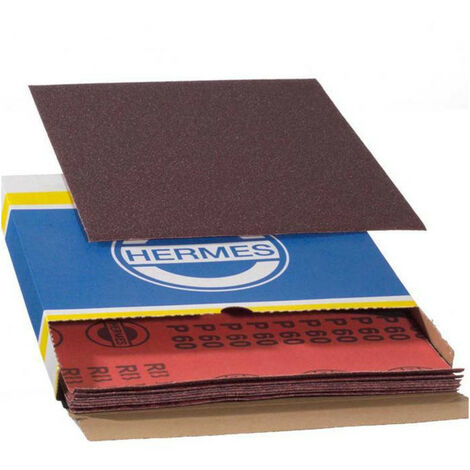

 Français
Français English
English Deutsch
Deutsch Español
Español Italiano
Italiano Português
Português